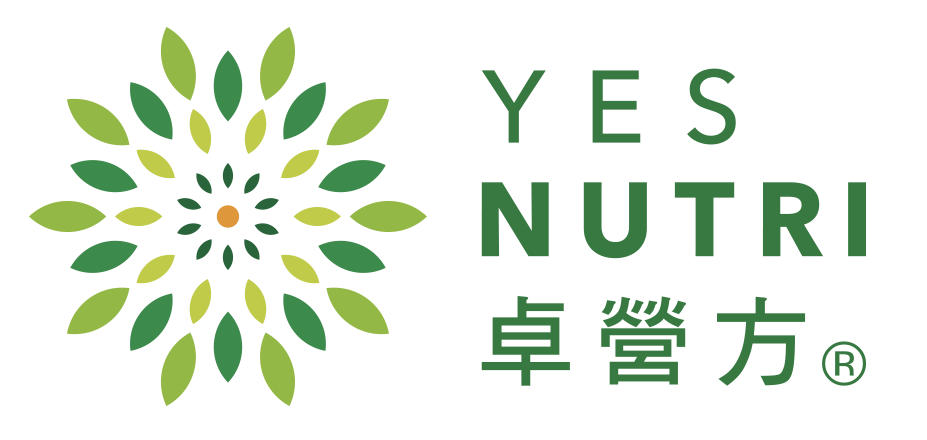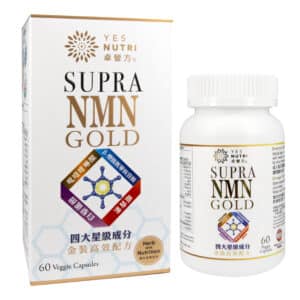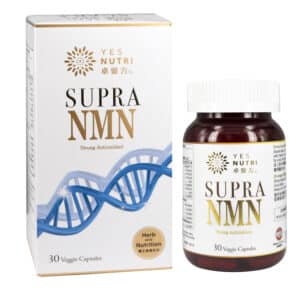Echinacea, also known as purple coneflower. It is named as it has a cone-shaped center. Among the nine species of Echinacea, the most commonly used for medicinal purposes are Echinacea purpurea, E. angustifolia, and E. pallida. Due to its pharmacological effect, Echinacea is widely used in traditional and modern herbal treatment. Native American not only consumed Echinacea to fight infections but also applied it topically to treat snake and insect bites as well as toothaches. Even today, Echinacea is still popular in Europe and America, mainly used to alleviate symptoms associated with colds and flu.
Research has shown that Echinacea contains numerous active compounds, including cichoric acid, caffeic acid, alkylamides, flavonoids, and polyphenols. These components have antibacterial and anti-inflammatory properties, effectively enhancing the phagocytic function of macrophages in the human body and boosting the immune system to resist the invasion of foreign pathogens. Echinacea also helps reduce the risk of upper respiratory tract infections and alleviate symptoms of the common cold, such as sneezing, coughing, sore throat, and runny nose, thereby accelerating recovery.
Echinacea can strengthen the immune system. It can be taken during seasonal transitions, periods of flu outbreaks, or when the immune system is weakened. However, it is not recommended for long-term use and should not be used as a substitute for medication.
*Individuals with allergies, autoimmune disorders, or those are taking any medications should consult doctor before taking Echinacea supplement.
- Reduces the symptoms of colds and frequency of occurrence
- Relieves upper respiratory tract discomfort
- Increases immunity
- Promotes wound healing



